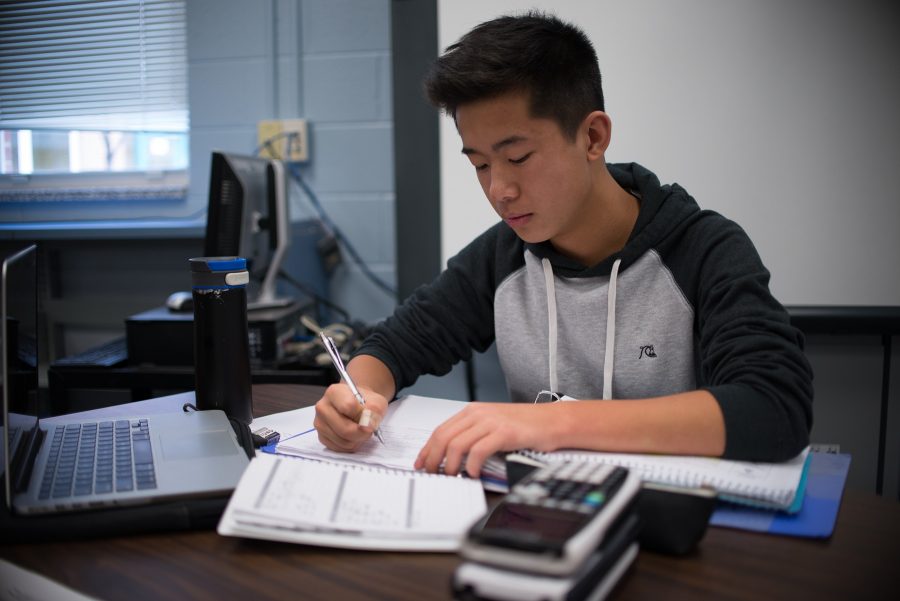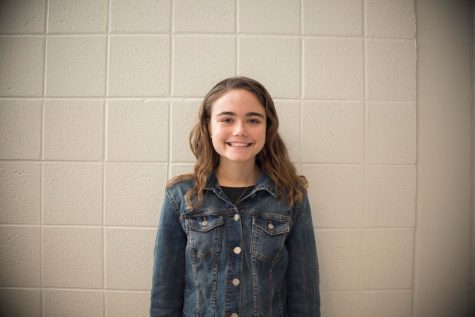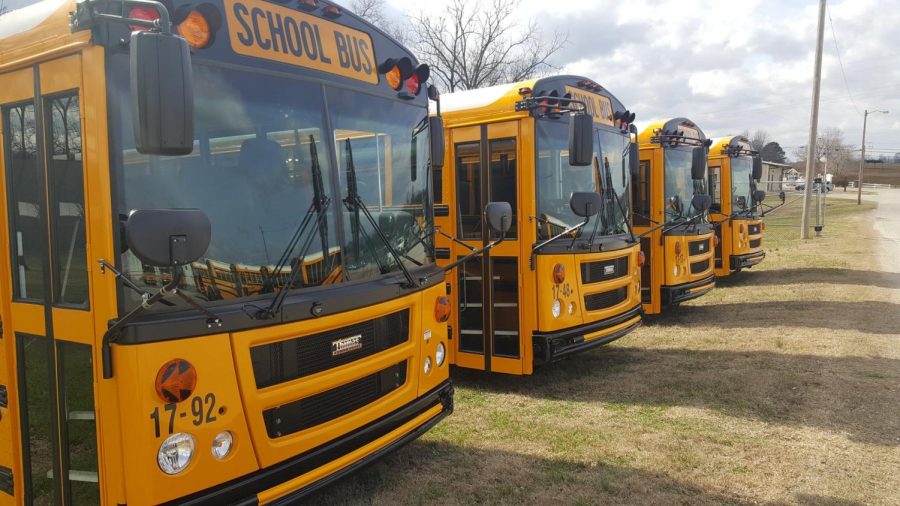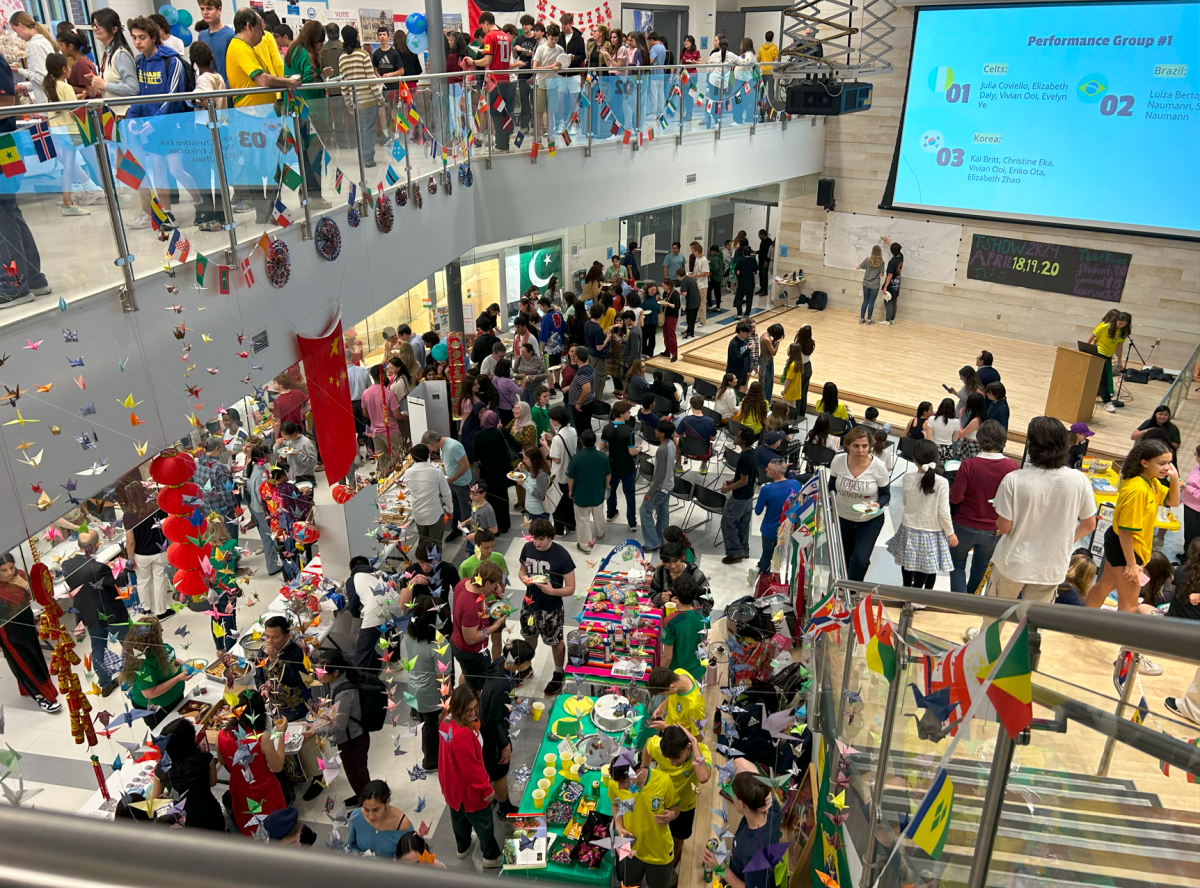Students react to PISA test results
Leung completes his homework in the library. He said that at Whitman, varying classes like honors and AP mean the course load can make schoolwork more difficult. Photo by Tomas Castro.
January 29, 2017
Students rush through the hallways, nodding to friends and making awkward eye contact with teachers; suddenly they come across something new: a camera crew for a national television broadcast.
Recently, PBS Newshour spotlighted junior Calvin Leung of Hong Kong and sophomore Julia Kempster of New Zealand in a special on the differences between American and international schools. The documentary was published Dec. 13 following the release of the 2015 Program for International Student Assessment (PISA) test results, which measure countries’ proficiency in math, reading and science.
Singapore surpassed all 72 participating countries, garnering first place in every category. Canada, Hong Kong, Finland, Japan and Estonia also performed in the top percentile. The U.S. came in 24th for reading with 497 points out of a possible 575, 25th in science with 496 points and dropped 11 points in math from the previous PISA test, placing 35th with 470 points, which is below average.
Some students were surprised to learn that U.S. performance on the examination was subpar.
“I feel as though the schooling here is much better,” Kempster said. “Teachers help more, and people are more dedicated to colleges and will study hard for good grades at an early time so they are prepared for exams.”
Some international students said they felt their education at Whitman was similar, if not better, than their old schools in other countries and therefore didn’t think the PISA test results correlated with Whitman’s reputation and prestige.
“For their size, they do a very good job,” sophomore Phuc Bui said. “Whitman so far seems like an exceptional school.”
Bui spent his last three years living in Addis Ababa, Ethiopia. Before that, he lived in Vietnam. His experience in different countries gave him a basis for why he felt the U.S. received a mediocre score.
“I’d say there are a massive number of factors for why the United States placed so poorly in the test results,” Bui said. “Here, there is a much larger student body than in Addis Ababa and less teacher-student interaction. I had smaller classes at my old school.”
Leung said that it was difficult to compare Whitman to his old school in Hong Kong.
“The biggest difference is the pacing of the curriculum, course choices and work-life balance,” Leung said. “Whitman offers more elective subjects and class difficulty like honors or AP.”
Despite the fact that New Zealand scored better than the United States on the PISA, Kempster said she felt the environment at Whitman pushed students more than her old school, while still providing what she believes to be a better education.
“Worrying about college is a much bigger focus at Whitman. In New Zealand, you don’t have as many options,” Kempster said. “People here are more stressed about their future, and the teachers seem to care more about your grades. But at home in New Zealand, it’s all up to you.”
Tests results and academics aside, Kempster noted several cultural shifts between Whitman and her school in New Zealand. Dances like homecoming and prom weren’t something she had back in Wellington, New Zealand; instead, they held an annual ball. Other differences she observed were greater school spirit at Whitman’s sporting events and a bigger emphasis on trendy apparel.
Kempster attributed the smooth transition to her new life in Bethesda to a welcoming student body, she said.
“When I first got to Whitman, I was overwhelmed, because it’s so big, but I’ve been lucky because everyone is so nice and accepting.”
The segment is currently available on the PBS website.








